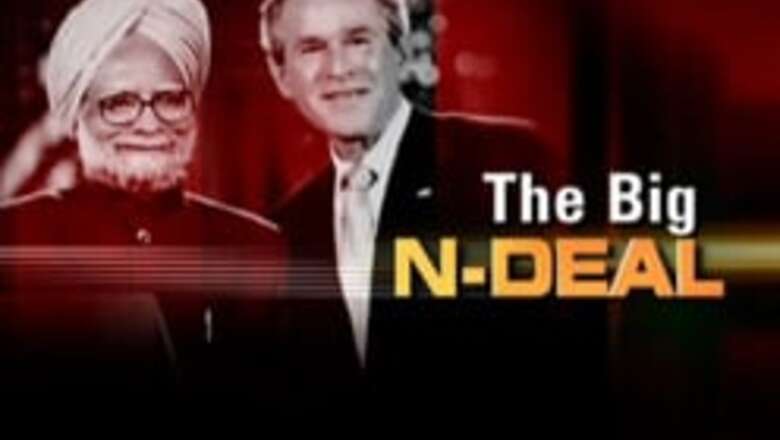
views
Washington: The US Senate, debating a Bill to implement the civil nuclear deal with India, on Thursday adopted an amendment that seeks to limit the supply of nuclear fuel commensurate with "reasonable reactor operating requirement".
The amendment, proposed by Democratic Senator Barack Obama and adopted by a voice vote, was one of 18 that are expected to be taken up during the debate.
The amendment said supplies of nuclear fuel reserve to India must be commensurate with reasonable reactor operating requirements.
"It is the policy of the US that any nuclear power reactor fuel reserve provided to the Government of India for use in safeguarded civilian nuclear facilities should be commensurate with reasonable reactor operating requirements," the amendment stated.
Republican Senator Sam Brownback, who chaired the South Asia sub-committee of the Senate Foreign Relations Committee when India conducted its 1998 nuclear tests and was one of the foremost champions in urging the Clinton administration to lift economic sanctions against New Delhi, expressed full support for the nuclear deal.
He stressed this agreement "is not about sacrificing non-proliferation" issues but about "recognising the reality of India's 30-year programme".
Defeated Republican Senator George Allen argued this was a deal that had been "properly crafted" and urged his colleagues to examine it in "totality".
Allen said India has no adverse record in the realm of non -proliferation and its "nuclear weapons are for their self-defence".
Co-Chair of the Senate India Caucus and a prominent member of the pro-India lobby Senator John Cornyn said "a closer relationship with India and its people was essential to our security and economic interests."
He said the agreement would help bring India into the nuclear non-proliferation treaty not by traditional means but through a different route because India has consistently refused to sign NPT.
The legislation represents a positive step as "we grow our strategic relationship," the republican from Texas said.
The US, he said has not cooperated with India on any civilian nuclear technology. "We have been at a stalemate which has neither served our non-proliferation goals nor helped India's vast needs for energy resources," he said, adding the agreement enhances "our non-proliferation efforts."




















Comments
0 comment